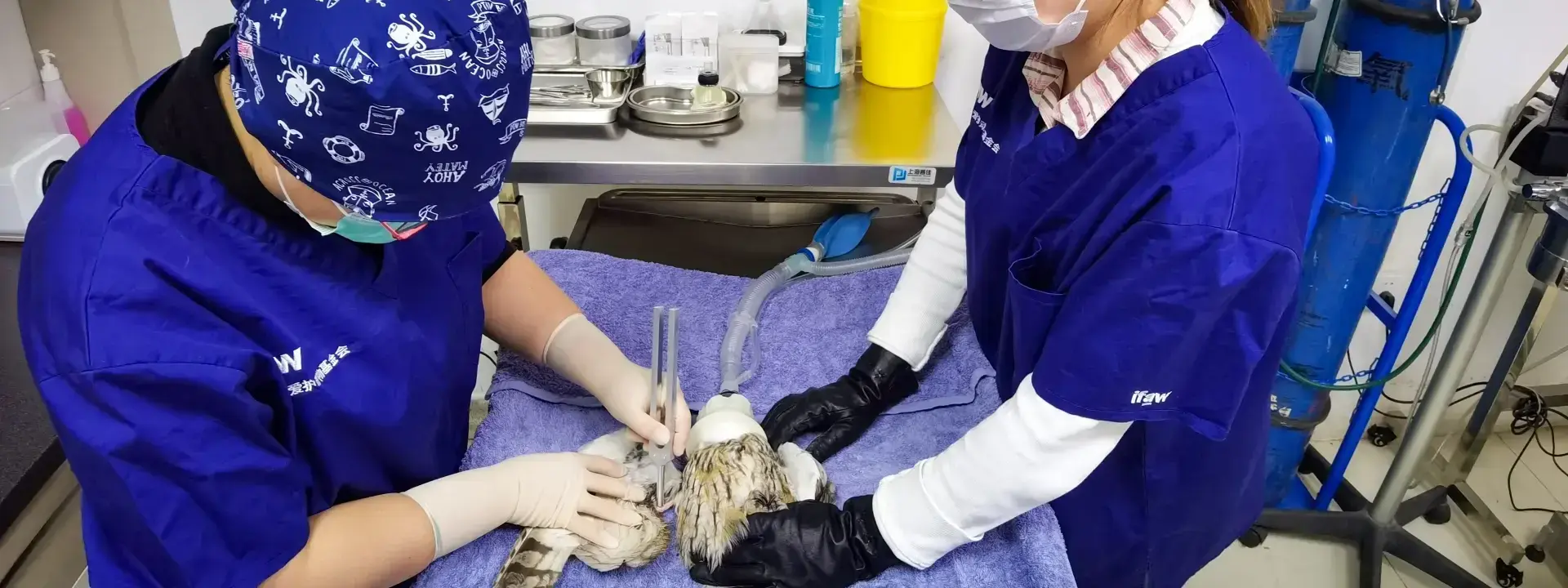
Vet Job Description
What is a Vet Professional?
A veterinarian, more commonly known as a vet, is an animal health professional who specializes in diagnosing and treating medical conditions within animals. This includes both domestic pets such as cats and dogs, as well as farm animals like cows or horses. Vets typically have specialized training which allows them to provide comprehensive care for all types of animals including birds, reptiles and fish too. Vet work can involve providing general healthcare services such as checkups (including vaccinations) or administering medications; however their expertise lies mainly in dealing with diseases that affect the body’s organs, tissues or other systems rather than just minor ailments like cuts and scrapes. In some cases vets may need to perform surgery when it comes to serious illnesses or injuries that require immediate attention in order to save an animals life – this could include anything from spaying/neutering operations through to limb amputations. The job of being a vet goes far beyond simply providing treatment: they are also responsible for promoting good pet ownership by educating owners about how best to look after their furry family members - this includes advice on nutrition, behaviour management techniques and lifestyle choices which will help keep pets healthy into old age! Additionally they often coordinate with specialist teams whenever necessary e.g., if there is suspected cancer then specialists at veterinary hospitals might be consulted prior to undertaking any form of chemotherapy treatments etc... Ultimately though the primary responsibility rests upon the shoulders of the attending doctor so it pays off big time if you make sure your chosen practitioner has plenty experience under his/her belt!
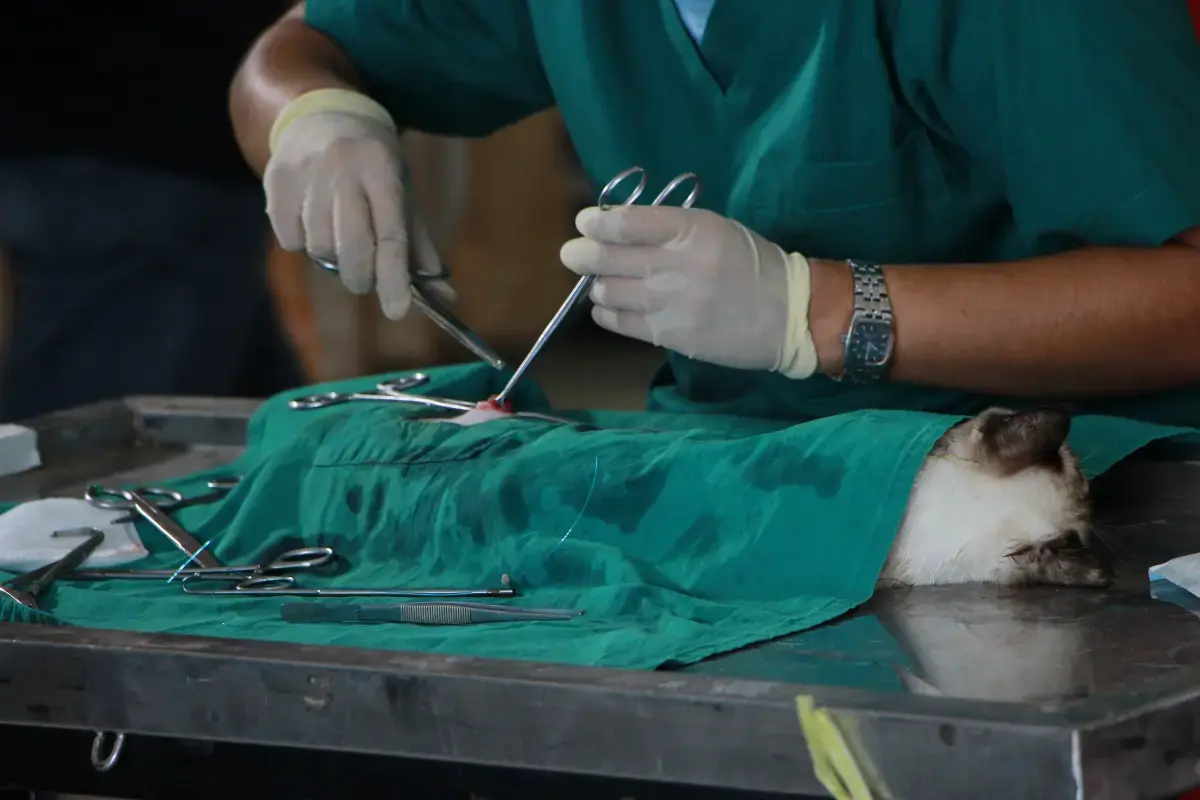
What does a Vet Expert do?
When working directly with customers vets must adopt a compassionate attitude towards both clients & patients alike – communication skills go hand-in-hand here since most people dont understand everything about what needs doing until its explained properly (and clearly). Business acumen helps too because veterinarians often find themselves running small practices complete with staff rosters & payroll responsibilities tucked away behind closed doors ... plus marketing strategies certainly come into play when trying take advantage new revenue streams via online advertising campaigns etc… Every case requires careful consideration before making decisions regarding diagnosis & subsequent courses of action - modern medicine offers many options but these should always be weighed against potential risks associated each one respectively before committing either way! Furthermore great deal record keeping takes place during day-to-day activities where notes detailing details examination results further findings must kept up date accurate accounts patient histories available reference later down line… Lastly (& perhaps most importantly!) we cannot forget mention fact part role involves easing suffering wherever possible using humane methods euthanasia appropriate circumstances facilitate peaceful passing those terminal stages illness … while never easy decision it sometimes necessary put interests owner first instead prolonging pain without hope something better future quality living remaining years enjoy . To summarise thus far , being Veterinarian means much more than merely prescribing routine medication vaccinating once year : It entails becoming trusted advisor offering sound guidance ways ensure optimal welfare companion four legged friends ; moreover demonstrating courage face difficult situations tackle uncomfortable topics head whilst maintaining relentless dedication improving standards across board no matter species individuals involved
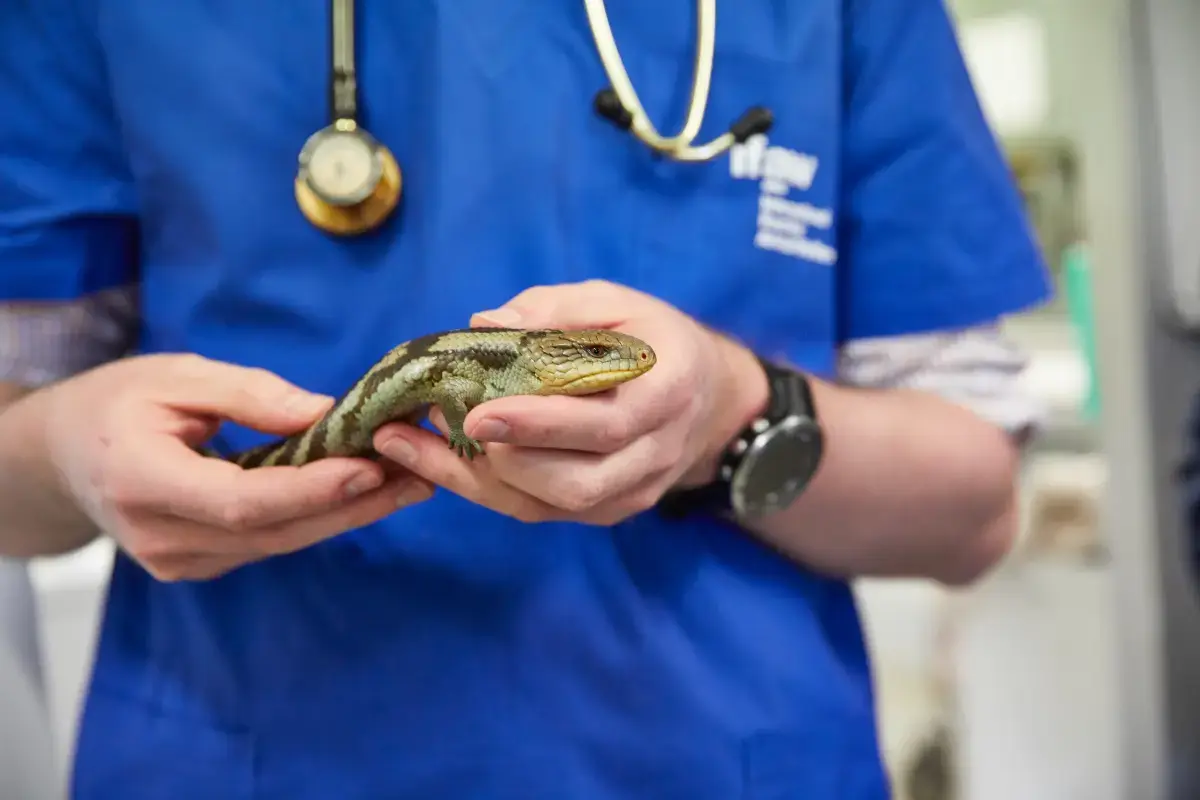
What are the Skills of a Vet?
A veterinarian, also known as a vet, is an animal doctor who cares for sick and injured animals. They diagnose illnesses, treat health issues, perform surgery on animals and protect their welfare by providing preventative care. The job of a vet requires a great deal of knowledge in both the medical field and animal behavior so they can properly assess each situation they encounter. Skills Needed to Be A Vet: 1) Knowledge Of Animal Anatomy & Physiology: In order to be effective at their job, vets need to have detailed knowledge about the anatomy and physiology of different species of animals. This includes understanding how organs interact with each other within the body systems such as digestion or respiration along with being able to identify certain physical characteristics that are unique for specific species or breeds. Additionally it’s important for them to know what type of diseases affect these creatures and how best to treat them when needed. 2) Veterinary Medicine Training & Education: Vets must undergo extensive training which will include courses related veterinary medicine science such as veterinary pharmacology or toxicology alongside practical clinical experience under supervision from qualified professionals in order for them get certified by state licensing boards before practicing legally . As part this journey towards becoming licensed veterinarians students must pass rigorous exams administered by respective governing bodies showing mastery over theory-based topics like pathology etcetera while demonstrating competency during live demonstrations carried out on small pets/livestock/farm animals depending upon chosen specialization track (exotic pet care vs equine practice).
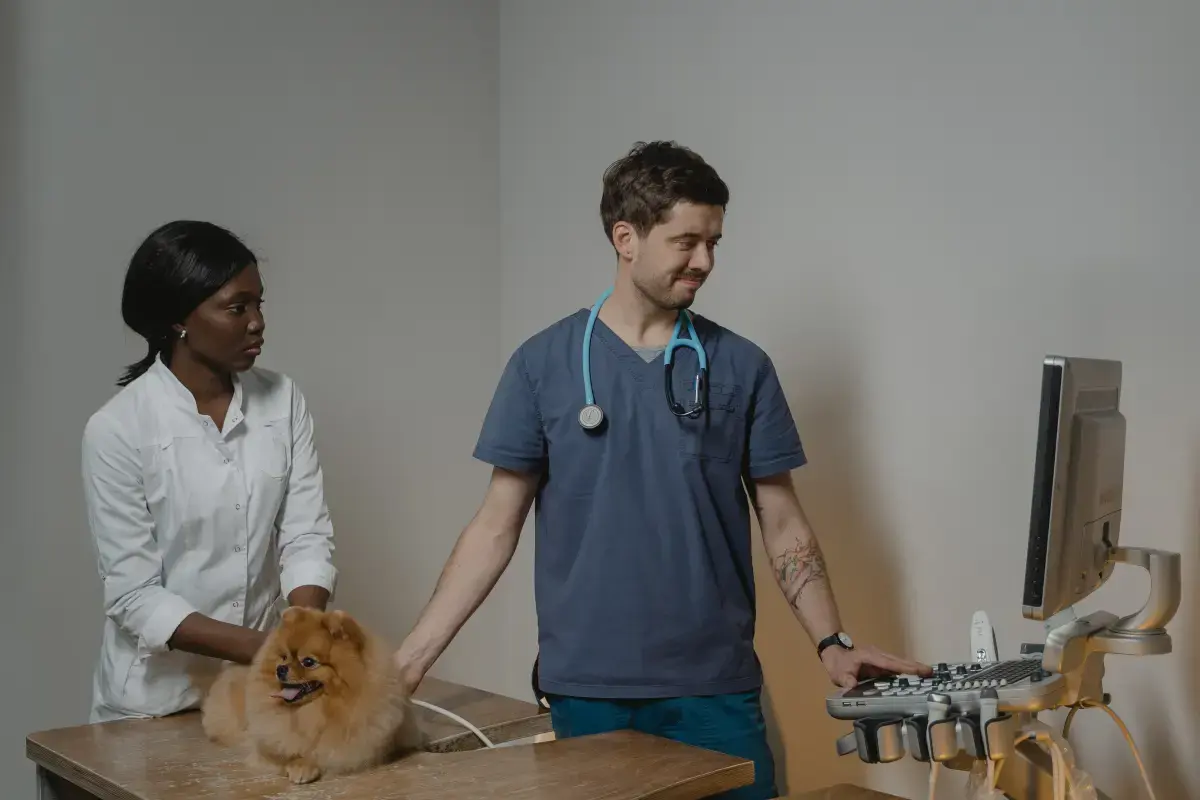
What makes an Expert Vet?
Diagnostic Expertise & Problem Solving Ability :Vets should possess strong problem solving skills coupled with diagnostic expertise required accurately identifying various ailments afflicting patients ranging anywhere between common colds all way up complex brain disorders involving neurology domain; since majority treatments hinge results gathered through tests conducted after analyzing data obtained either via physical examination palpation scans laboratory workups etcetera… Henceforth doctors need adeptly interpret information generated come up viable treatment plan taking into account overall well being patient prioritizing cost effectiveness resources availability based preferences owners whose opinions hold high importance many cases given fact most surgical procedures elective nature do not guarantee satisfaction levels especially those major operations require longer recovery periods postoperative therapies extended stays ICUs leading potentially higher dead rates compared minor interventions noninvasive options due reduced risk infection organ damage peripheral tissue trauma perioperative complications anesthetic agents used preoperatively intubations maintenance physiological parameters throughout procedure itself including monitoring vital signs real time basis addition administering drugs intravenous routes adjusting dosages medication injections depending severity condition(s) present timely fashion hence forth.. All these activities lead increased survival rate prompt recoveries thereby reducing mortality index significantly improving quality life beloved companions ultimately making difference society large giving hope families dealing pain suffering often associated chronic terminal conditions alike… 4 Work Ethic And Compassion: Working as a vet involves long hours spent caring for ill or injured animals - sometimes putting own safety at risk if facing aggressive individuals – so having compassion key characteristic any successful practitioner industry; going beyond mere responsibility delivering services adequately but rather feeling immense gratification doing good deed helping make world better place one step time filling void where heartache sorrow pervade environment instead joy peace happiness…. Apart basic empathy essential servicing populations considered vulnerable requiring utmost attention patience showered onto charges accordingly core ingredient trait mix without hardworking focused dedicated attitude aptitude specifically tasks hand no matter scale complexity simply cannot achieve anything lasting value let alone excel venture entered thus ethics plays pivotal role determining level success attained end day aside professional credentials qualifications acquired course study life
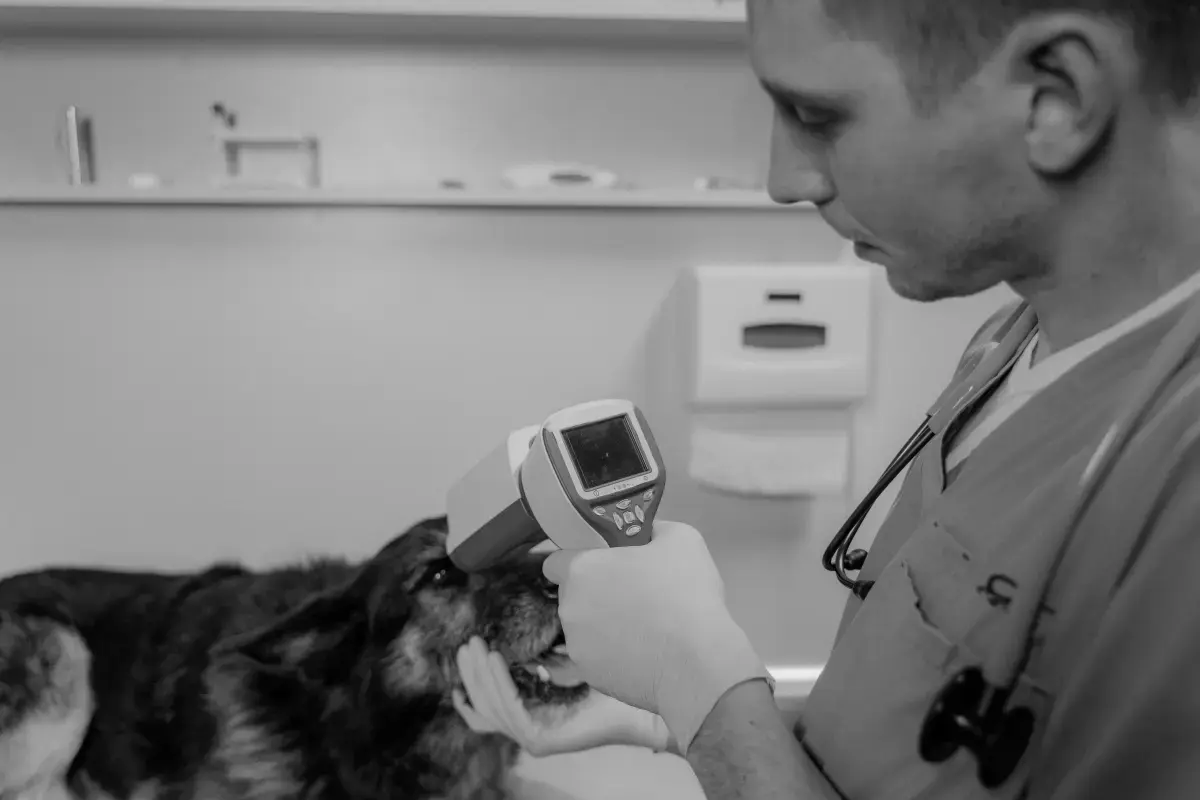
What level of Experience & Qualifications are required to be a Vet?
A degree or equivalent qualification in Veterinary Medicine: To become a registered vet, you must obtain at least an undergraduate degree (Bachelor of Veterinary Science/Medicine) from an accredited veterinary school. 2. Licensure and Certification: Depending on the country you practice in, additional qualifications may be required to gain licensure and certification as a veterinarian. This could include national examinations or other specific requirements such as completing approved courses and demonstrating clinical competency within the profession. 3. Professional Experience: Most countries require veterinarians to have several years of professional experience before they can register with their local regulatory authority; this is usually established through working as a locum vet for another practice or gaining experience prior to graduation via internships, externships etc.. 4. Continuing Education Requirements: Veterinarians typically need to maintain up-to-date knowledge by participating in continuing education activities that are approved by their governing board(s). These activities range from attending conferences & lectures, taking online courses & webinars etc., depending on the jurisdiction where one practices medicine . 5 . Specialty Training : Some vets choose to specialize further into particular areas like radiology , cardiology , dermatology , surgery etc., which requires completion of residency programs recognized by specialist boards along with successful passing special exams conducted by these bodies
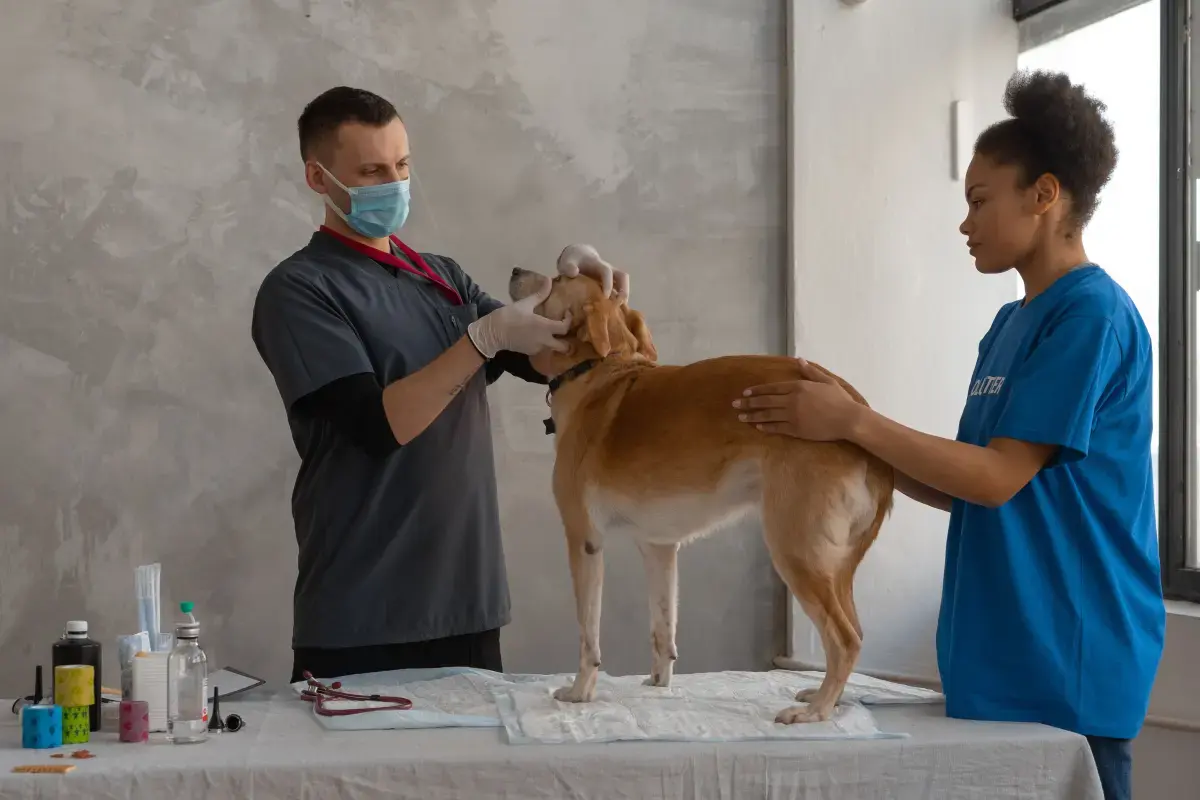
What is the Salary of a Vet?
The salary of a veterinarian is largely determined by their level of experience and responsibilities. For example, junior veterinarians typically earn between $50,000 to $70,000 per year while senior-level vets can make upwards of six figures annually depending on the specialty they choose. Entry-level or associate veterinarians usually have salaries that range from around 50k to 75k. Vets at this stage are just starting out in their careers and may be working for an animal hospital or private practice with limited responsibility but gaining valuable clinical experience as well as learning about management and business operations related to veterinary care delivery. The entry-level vet may also perform general duties such as examining animals during physical examinations, providing preventative healthcare services like vaccinations, prescribing medications when necessary and performing basic surgeries under supervision from experienced colleagues if needed. Mid-career Veterinarians who work full time will often see salaries ranging from 80K - 110K; however bonuses based on performance could increase payouts significantly above these amounts especially within larger corporate clinics where there are more complex procedures being performed regularly including advanced surgical techniques involving microsurgery etc., These mid career practitioners likely hold leadership positions responsible for overseeing daily activities at their clinic ensuring quality patient care is delivered consistently throughout all departments supervised by them whilst managing staff accordingly too both technically & administratively speaking . Senior Level Veterinarians command very competitive wages which vary greatly based upon geographical location along with type/size/specialty of facility employed by , However generally speaking one should expect annual earnings somewhere between 120k - 200+ k depending upon whether they specialize further than conventional veterinary medicine into areas such emergency critical care / internal medicine / neurology Senior practitioners roles would include mentoring junior members advising clients regarding treatment plans proposing new policies & protocols particularly those concerning continuing education requirements amongst other things plus completing research studies if applicable..
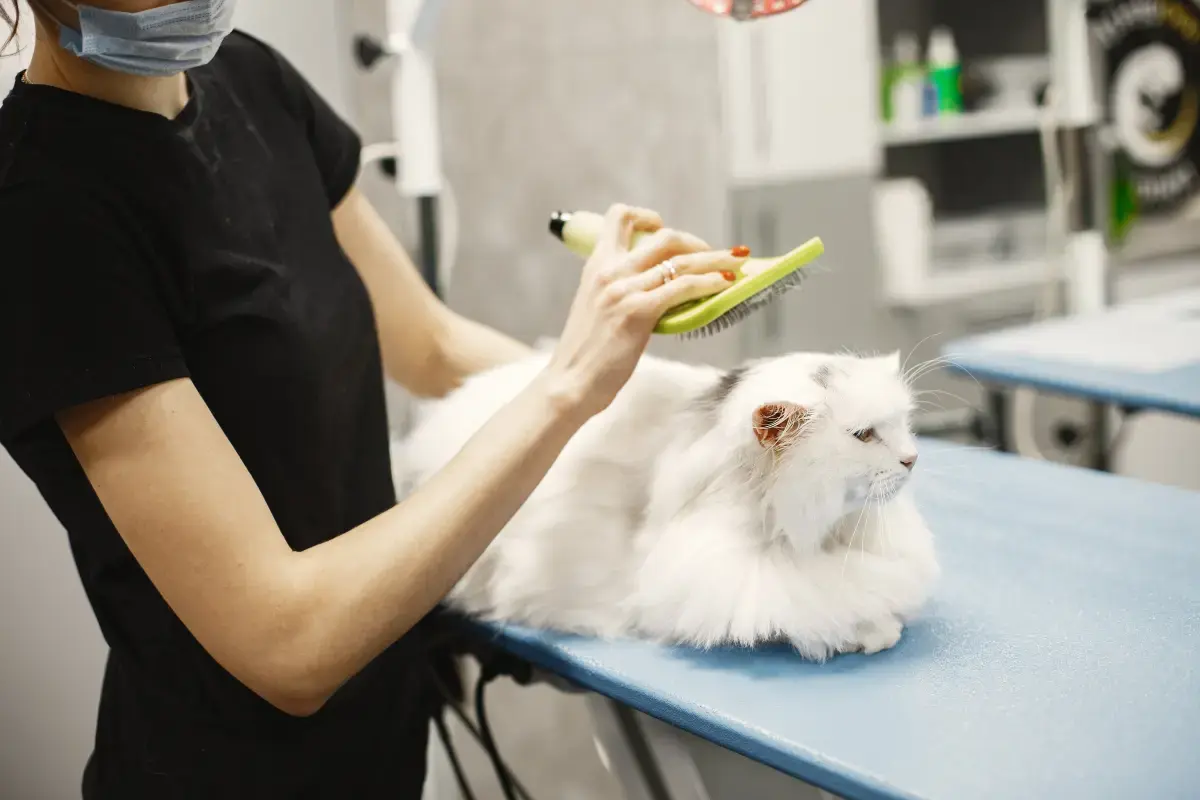
What are the Working Conditions for a Vet?
The general working conditions for a vet vary depending on the setting and specialty. Generally, vets work in clinics or hospitals with other veterinarians, veterinary technicians, and support staff to provide animal healthcare services. Vets typically have normal office hours during weekday days but may also be required to take emergency calls at night and weekends. Depending on the practice size, they may do rounds before opening up shop in the morning by checking all patients who stayed overnight or check patients that arrived early before starting their day of appointments. Vets need good physical stamina because they are often on their feet examining animals throughout most of the day as well as lifting large animals onto examination tables if needed. They must stay calm when dealing with stressed out owners while still providing accurate advice about tests and treatments options without being too overbearing or intimidating; maintain composure when faced with difficult medical cases; use precise manual dexterity handling delicate instruments like needles/syringes during surgery; think quickly in order to make split-second decisions under pressure especially during complex surgeries involving internal organs manipulation as anesthesia is used.; remain current with advancements in Veterinary Medicine through continuing education seminars & conferences and familiarity with relevant laws governing animal health care standards etc .
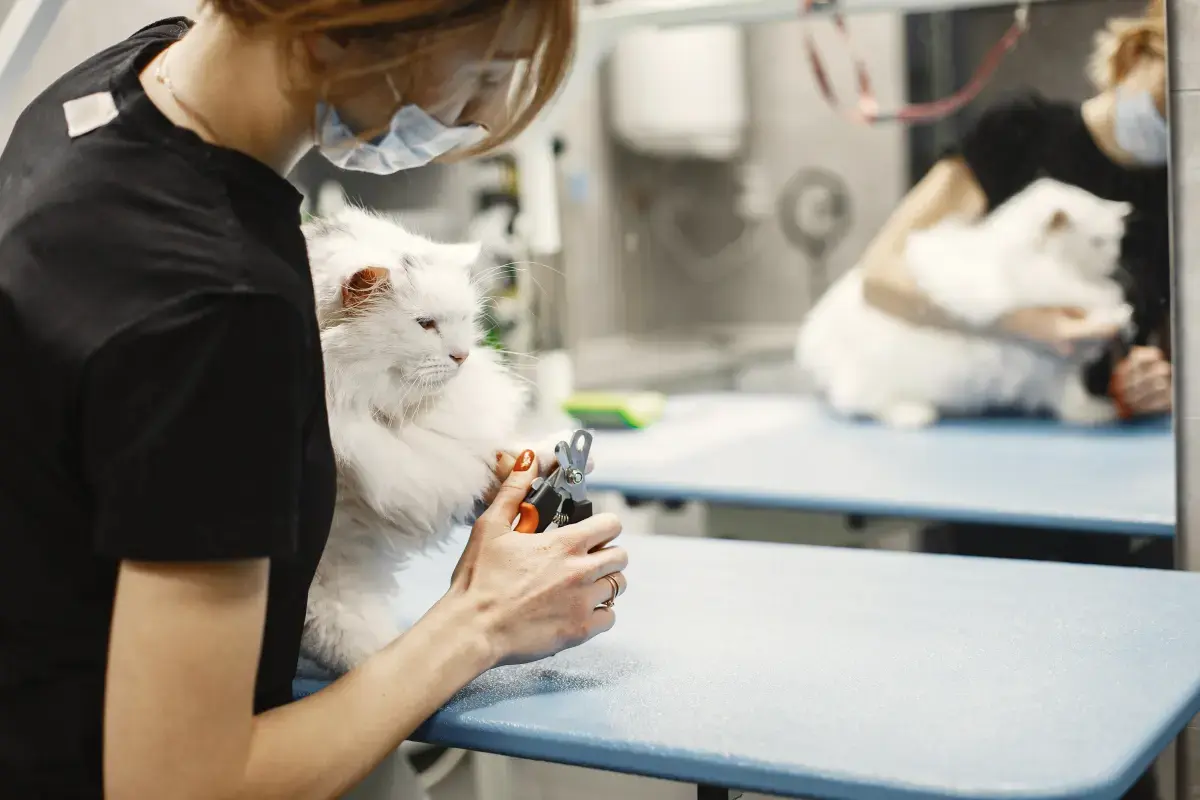
What are the roles and responsibilities of a Vet?
Diagnosing and treating illnesses and injuries in animals
Administering vaccinations, de-wormers, medications, etc., to animals
Performing surgical procedures on pets or livestock
Examining X-rays and other diagnostic images of sick or injured animals
Providing advice to pet owners about preventive care for their animal companions
Recommending dietary plans tailored to the needs of individual patients
Conducting tests such as blood workups and urine analysis on samples taken from animals
Prescribing treatments based upon diagnosis results
Monitoring vital signs during anesthetic procedures
Making sure that all equipment is sterile before use
Educating clients regarding the importance of spaying/neutering their pets
Creating medical records for each patient visit
Maintaining client relationships through follow up visits after treatment
Informing clients about potential side effects associated with prescribed medication
Reflecting a professional demeanor when interacting with clients
Responding quickly in emergency situations
Euthanizing suffering creatures humanely
Evaluating overall health conditions by performing physical examinations
Working collaboratively with veterinary technicians & assistants
Suggesting alternative therapies if necessary
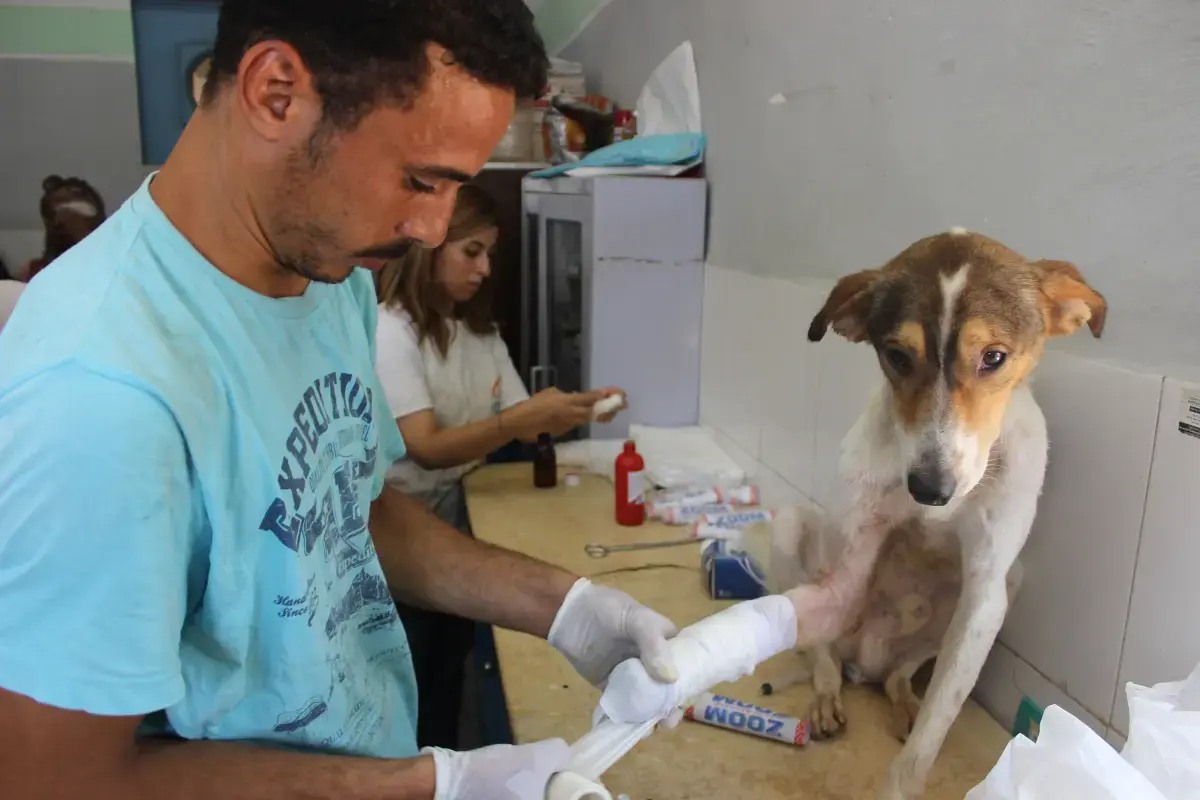
Where can I find Vet jobs?
- Create a profile on gigexchange and promote your Vet skills to advertise you are Open to New Work Opportunities
- Ensure your Resume (or CV), or online work profile is up to date and represents your skills and experience. Ensure your reputation reflects your ability & attitude.
- Apply for Vet Jobs advertised on gigexchange.
- Practise Vet interview techniques to ensure you represent your personality and ability succinctly and confidently.
- Accept the job offer if the salary meets your expectations and the employer mission and purpose reflects your core values.
Jobs
What are the best job boards for Vet Surgeon jobs?

How can I hire Vet staff online for my business?
The best job board for recruiting Vet experts is gigexchange.com. Advertise full-time, part-time or contract jobs to find, hire & recruit trusted, experienced and talented Vet candidates near you.
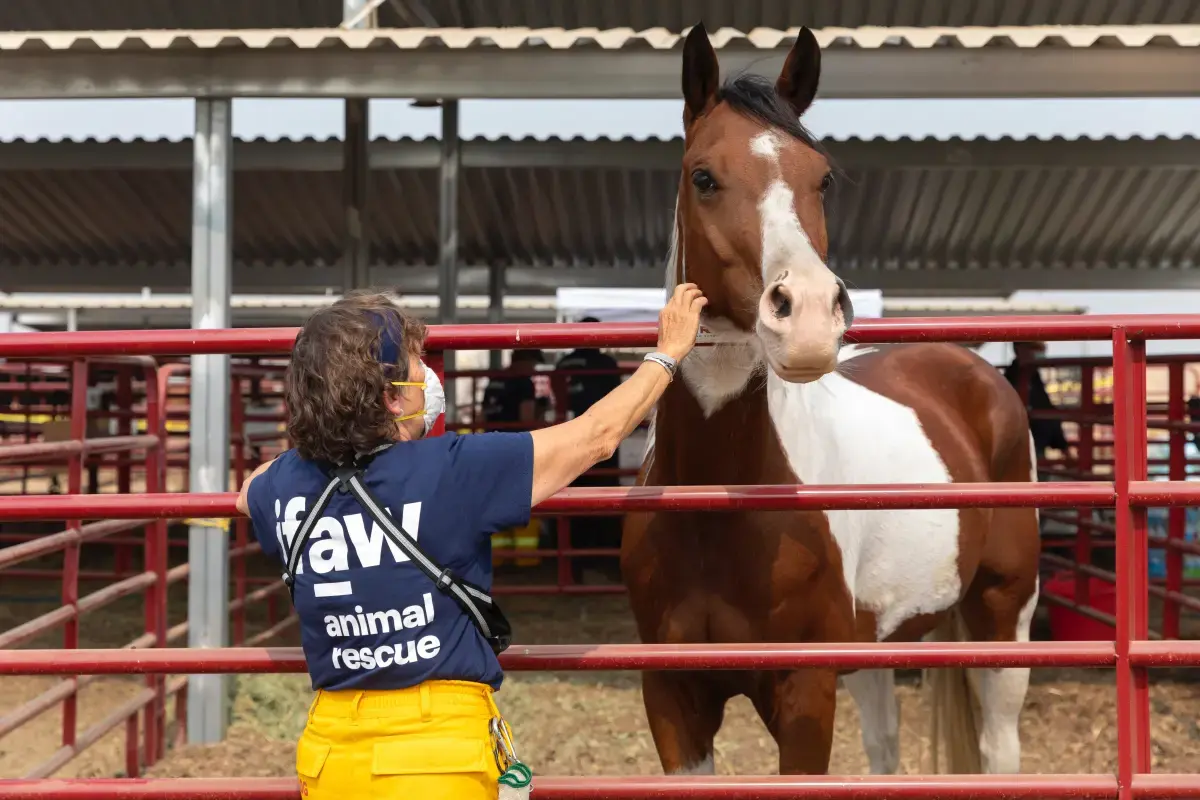
Are Vet roles in demand in 2026?
Vet experts are still in high demand in 2026. If you are an experienced Vet or looking to train and become one. The job market is looking strong for Vet jobs near me.